Smart Home on a Budget: Best Devices & Energy-Saving Tips for Beginners
04 Oct 2024
0 Comments
Smart Home Starter Kit: The Budget-Friendly Guide to a Smarter, Safer & More Efficient Home
The world of smart home technology can feel overwhelming, especially for beginners. But the truth is, you don't need a tech guru's expertise or a millionaire's budget to enjoy the benefits of a smarter living space. Whether you're renting an apartment or own a house, there are affordable smart home devices that can enhance your comfort, security, and energy efficiency.
In this comprehensive guide, we'll walk you through the best smart home devices for beginners on a budget, offer tips on creating a whole-house smart home system, provide smart home automation ideas for energy saving, highlight voice-control compatible smart home devices, and explore smart home security systems for renters.
Best Smart Home Devices for Beginners on a Budget
- Smart Plugs:These are the easiest and most affordable way to dip your toes into the smart home world. Products like the Kasa Smart Plug Mini or the Wyze Plug allow you to plug any appliance or lamp into them, and you can control it remotely with your smartphone or voice commands. Smart plugs also allow you to schedule appliances to turn on and off automatically, potentially saving you money on your energy bill.
- Smart Light Bulbs: Swap out your regular light bulbs for smart ones like the Philips Hue White or the LIFX Mini, and you'll be able to control the lighting in your home with your phone or voice. You can dim the lights for a cozy movie night, set them to turn on automatically when you arrive home, or even change the color to create a fun ambiance.
- Smart Speakers: Smart speakers, like the Amazon Echo Dot or the Google Nest Mini, are more than just music players. They can serve as the central hub of your smart home, allowing you to control other smart devices with voice commands. You can also use them to set alarms, check the weather, get news updates, and much more.
- 4. Smart Thermostat: A smart thermostat like the Nest Learning Thermostat or the ecobee3 Lite learns your temperature preferences and adjusts your heating and cooling system accordingly, even when you're away from home. This can lead to significant energy savings and lower utility bills.
- 5. Smart Security Camera: A basic indoor security camera like the Wyze Cam v3 or the Blink Mini can provide peace of mind, allowing you to check in on your home from anywhere. Some models even offer motion detection and alerts, so you'll be notified if anything unusual happens.
How to Create a Whole-House Smart Home System
Creating a whole-house smart home system doesn't have to be complicated or expensive. Here are some tips to get you started:
- Start small: Begin with a few essential devices in one room and gradually expand to other areas of your home as your budget allows.
- Choose a smart home platform: Most smart devices work with one or more major smart home platforms, such as Amazon Alexa, Google Home, or Apple HomeKit. Choose a platform that suits your needs and stick with devices compatible with it.
- Connect your devices: Once you have a few smart devices, you'll need to connect them to your smart home platform. This usually involves downloading the device's app and following the instructions to connect it to your Wi-Fi network and your chosen platform.
- Set up routines and automations: One of the biggest benefits of a smart home is the ability to automate tasks and create routines. For example, you could create a "Good Morning" routine that turns on the lights, adjusts the thermostat, and starts your coffee maker when you wake up.
- Smart Home Automation Ideas for Energy Saving
- Smart home automation can be a powerful tool for reducing your energy consumption and saving money on your utility bills. Here are a few ideas:
- Schedule your lights and appliances: Use smart plugs and smart bulbs to schedule your lights and appliances to turn off automatically when you're not using them.
- Use motion sensors: Install motion sensors like the Philips Hue Motion Sensor to turn on lights only when someone is in the room.
- Adjust your thermostat automatically: A smart thermostat can learn your temperature preferences and adjust your heating and cooling system accordingly, even when you're away from home.
- Monitor your energy usage: Some smart home platforms and devices provide insights into your energy usage, helping you identify areas where you can save.
Voice Control Compatible Smart Home Devices
Voice control is one of the most convenient features of a smart home. Most smart devices are compatible with one or more major voice assistants, such as Amazon Alexa, Google Assistant, or Apple Siri. Here are a few examples of voice control compatible smart home devices:
- Smart speakers (Amazon Echo, Google Nest)
- Smart lights (Philips Hue, LIFX)
- Smart plugs (Kasa, Wyze)
- Smart thermostats (Nest, ecobee)
- Smart locks (August, Schlage)
- Smart TVs (Samsung, LG)
- Smart appliances (Instant Pot, GE Cync)
Smart Home Security Systems for Renters
Even if you're renting, there are affordable smart home security systems that can enhance your safety and peace of mind. Here are a few options:
- Smart locks: Replace your existing deadbolt with a smart lock like the August Smart Lock Pro or the Schlage Encode, and you'll be able to lock and unlock your door remotely, grant access to guests, and receive notifications when someone enters or exits your home.
- Smart security cameras: Place a few indoor security cameras like the Wyze Cam v3 or the Blink Mini around your apartment to monitor activity and deter potential intruders.
- Smart sensors: Door and window sensors like the Ring Alarm Contact Sensor can alert you if someone tries to enter your home while you're away.
- DIY security systems: Several DIY security systems like the SimpliSafe or the Ring Alarm are available that are easy to install and don't require any professional monitoring.
Conclusion
Building a smart home doesn't have to be a daunting or expensive task. By starting small, choosing the right devices, and utilizing smart home automation, you can create a more comfortable, secure, and energy-efficient living space – all while staying within your budget.
Remember, the best smart home devices for you will depend on your individual needs and preferences. Take your time, do your research, and choose devices that will truly enhance your lifestyle. Happy smart home building!




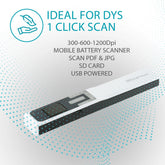
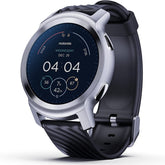
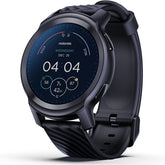

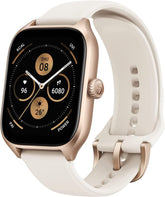
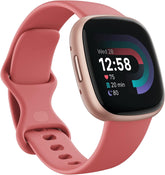
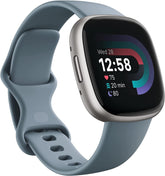


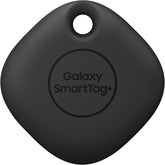
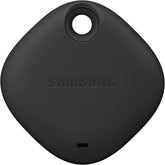


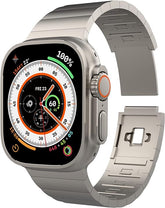
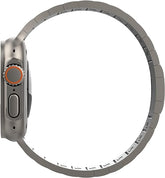
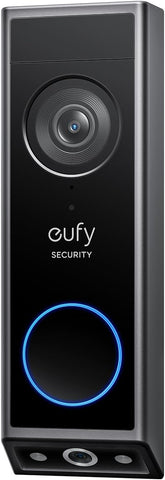
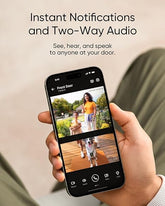
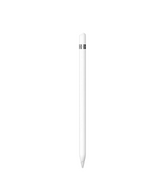

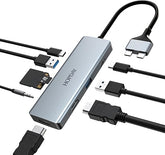
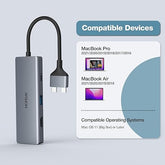
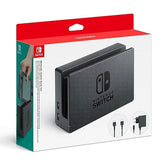
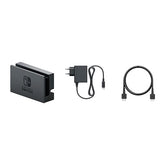
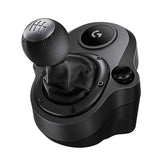
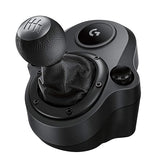




![["B0B1L87TMY"]](http://smarttechshopping.com/cdn/shop/products/7110BNil-dL._AC_SL1500_165x.jpg?v=1695449139)
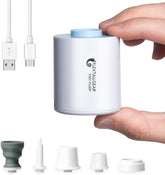
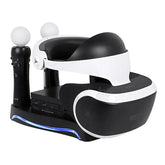





Leave a comment
Please note, comments need to be approved before they are published.